Wizards of the Coast banned Uro, Titan of Nature’s Wrath from MTG Standard today. But this decision is another example of Wizards not doing enough to facilitate the health of the format, setting Magic: The Gathering up for another Standard rotation full of frequent and tiring bannings.
With the release of Zendikar Rising in Magic Arena on Sept. 17, Four-Color Omnath has been dominating Standard and is showing no signs of being stopped. Tournaments over the past two weeks saw Omnath consistently make the top eight and dominate ladder play in Magic Arena. This past weekend’s premier tournament, Star City Games Tour Online Season Two Championship, saw Four-Color Omnath make up 67.1 percent of the field with a 53-percent win rate, according to MTGMelee. Six decks in the top eight were variations of Four-Color Omnath.
In today’s banned and restricted announcement, Wizards said Uro was problematic because it was a powerful fixture in all ramp strategies, not just Four-Color Omnath. “This weekend’s events underscored that the Four-Color Omnath decks are dominating early play and that even the decks built to try to beat those decks utilized the powerful titan,” Wizards said. “In order to weaken these post-rotation ramp strategies, we’re choosing to ban Uro, Titan of Nature’s Wrath in Standard.”
This ban is another example of the worrying trend of Wizards missing the mark with this decision, which leads to more subsequent bannings to fix the underlying problem. This is reminiscent of Wizards only banning Field of the Dead on Oct. 21, 2019 while waiting another month before removing Oko, Thief of Crowns from Standard on Nov. 18.
Both cards deserved to be banned, yet Wizards refused to ban the newer card for far too long. Instead of Oko and Field of the Dead decks dominating Standard, Wizards left the format in a place where the only viable decks centered around Oko. During Mythic Championship VI on the weekend of Nov. 8, 2019, Oko decks made up an unprecedented 69 percent of the metagame, according to Magic Esports’ metagame breakdown.
This feels like the same situation. Uro is a problematic card but banning it and leaving Omnath in the format isn’t enough and will likely lead to another banned and restricted announcement in a month’s time after Four-Color Omnath dominates the 2020 Grand Finals tournament.
Omnath is the biggest issue in Standard. Having to ban a card that was just released isn’t something Wizards wants to do, but it must be done. While hitting Uro might slow the deck down, Omnath simply provides too much value with no drawbacks due to the amount of ramp and color fixing in the format—even without Uro.
Uro was a valuable piece in the Sultai decks that had some success combating Four-Color Omnath in tournament play. Taking away a threat as strong as Uro removes any chance that midrange-style ramp decks can grind out Omnath. The only option for players looking to stop the best deck in the format is to turn to Mono-Red Aggro, which might not work in a best-of-three match considering Omnath also provides life gain.
Unfortunately for players, Wizards is in a position where it needs to ban another card from Standard, which is a tiring trend from the past year of Magic. It seems like Standard is in a constant position where overtuned cards must be banned to fix the format. A total of 11 cards were banned from Standard in the past year.
- Agent of Treachery
- Cauldron Familiar
- Field of the Dead
- Fires of Invention
- Growth Spiral
- Oko, Thief of Crowns
- Once Upon a Time
- Teferi, Time Raveler
- Veil of Summer
- Wilderness Reclamation
- Uro, Titan of Nature’s Wrath
The common thread between most of these cards is free value. Other than Cauldron Familiar, which was banned because it was miserable to play with and against in Arena, many of those cards provide free value similar to Omnath’s landfall triggers.
Fires of Invention just allowed free spells. Getting to play two five-mana Cavaliers while still leaving mana up to activate Kenrith, the Returned King was broken. Wilderness Reclamation supercharged instant-speed decks without any of the drawbacks. Teferi, Time Raveler shut down any instant speed interaction, enabling broken combos facilitated by cards like Fires and Reclamation. Agent of Treachery was banned after Lukka, Coppercoat Outcast enabled a theft combo, turning the seven-drop creature into a free theft effect.
The other bans essentially removed any drawback of running green as a color. Veil of Summer was a counterspell that drew a card. Once Upon a Time made green decks too consistent and nullified the danger of mulligans for a perfect hand. Oko, Thief of Crowns was too resilient and his +1 was a design mistake by Wizards. Growth Spiral is the most innocuous card on the list but drawing a card and putting a land into play was just another cog in the Standard ramp machine.
Wizards has backed itself into a corner with all of these bans. Players want a powerful Standard format, but there’s also a clear commonality of what makes a problematic card. Tacking on “draw a card” is one example. Teferi, Veil of Summer, Growth Spiral, and Agent of Treachery all let players draw a card unnecessarily. Omnath draws a card when it enters the battlefield. Free value is another issue. Field of the Dead, Wilderness Reclamation, and Fires of Invention allow substantial value with little to no downside. Omnath offers the same.
When Omnath eventually gets banned, it’ll be another blow to Magic’s premier format. A healthy Standard format will make players enthusiastic about investing in Magic and playing Arena. Constant bans show a lack of foresight from the design team and will result in players being reluctant to play a format without any diversity and no room for counterplay.


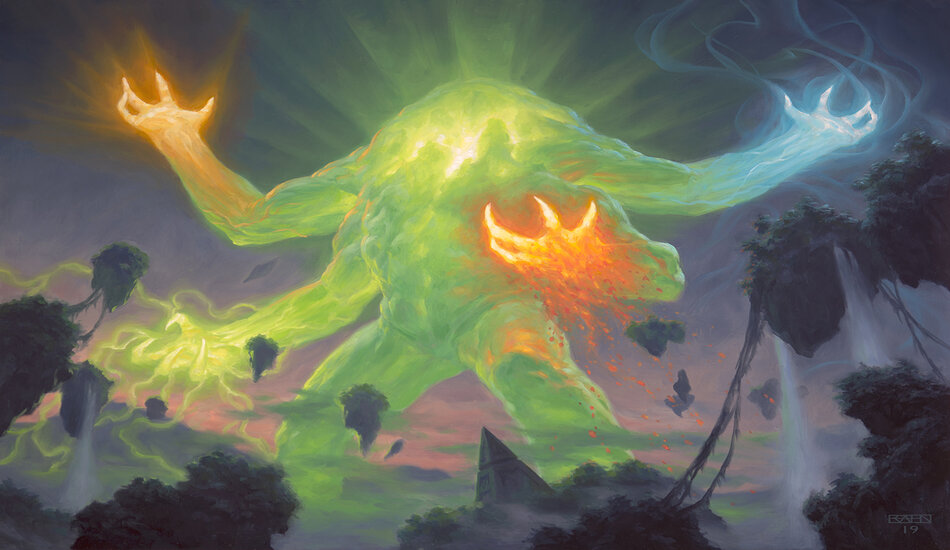
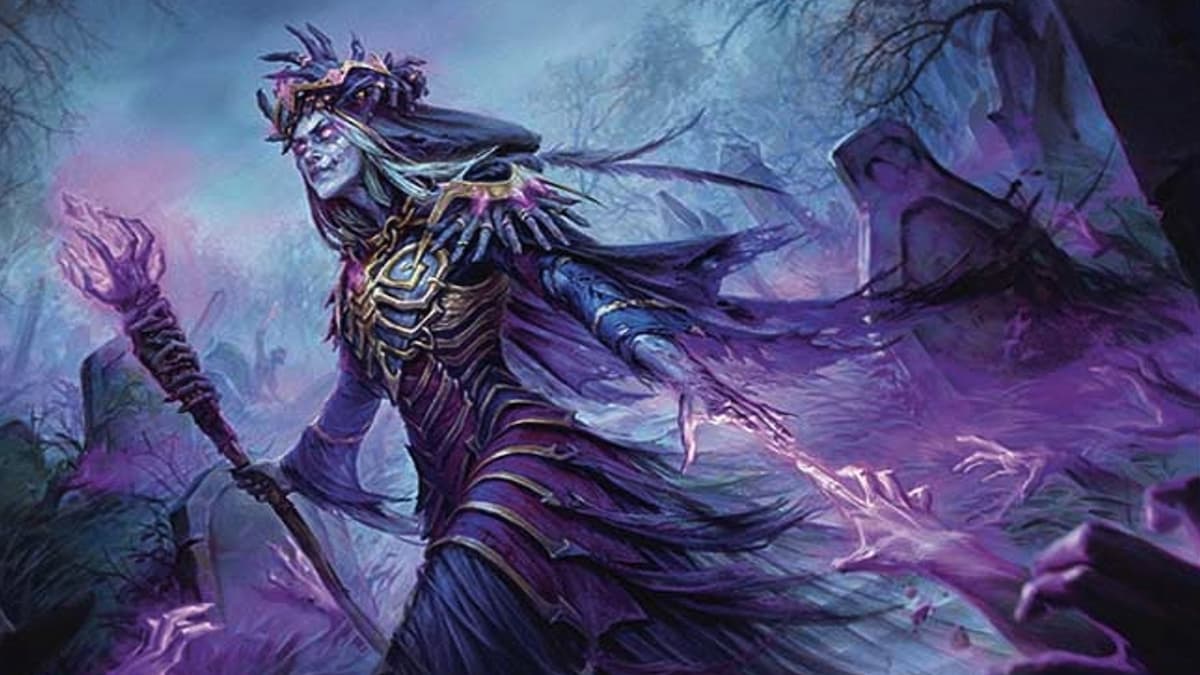
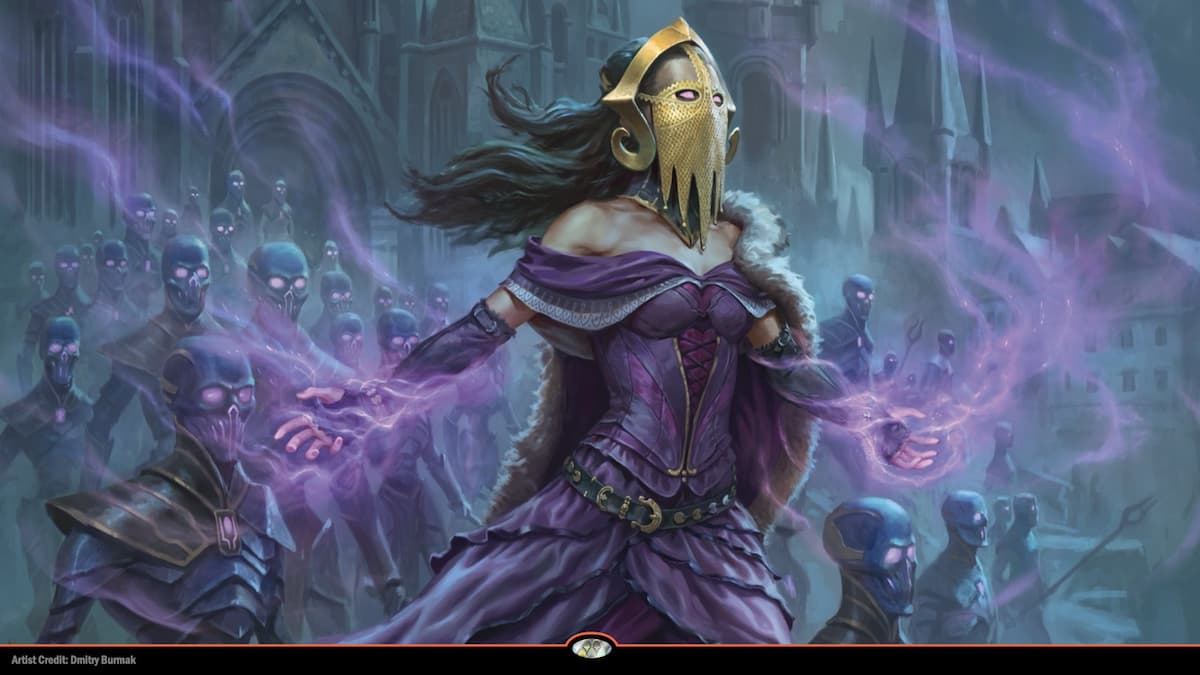
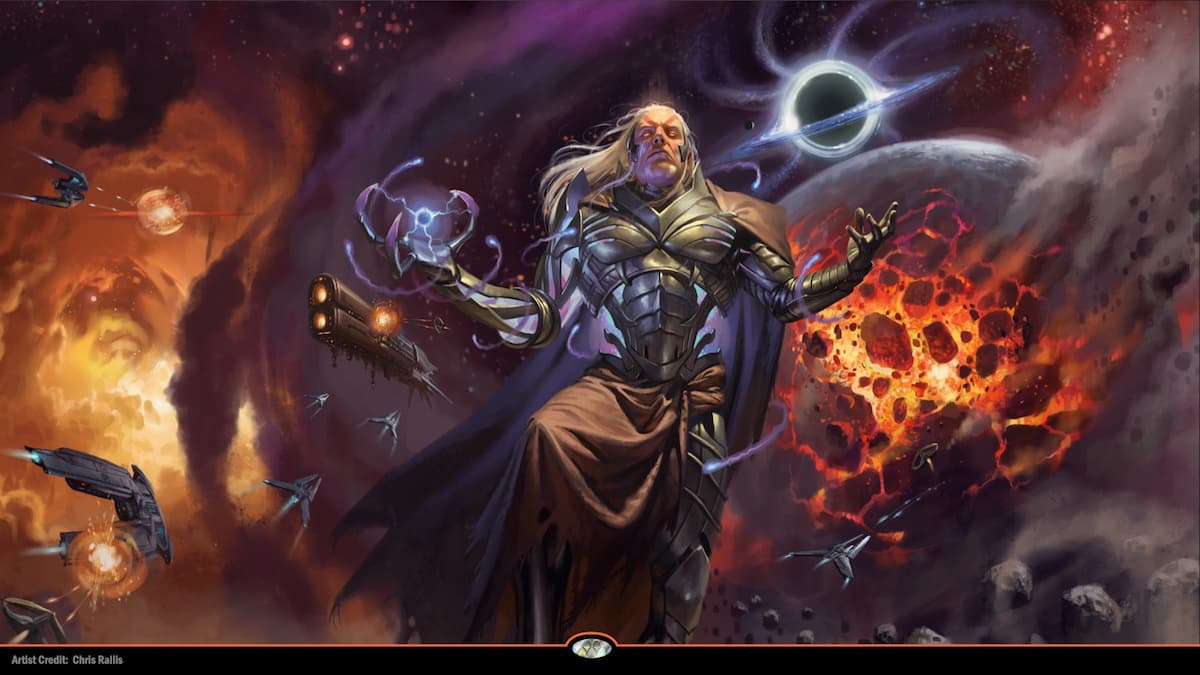

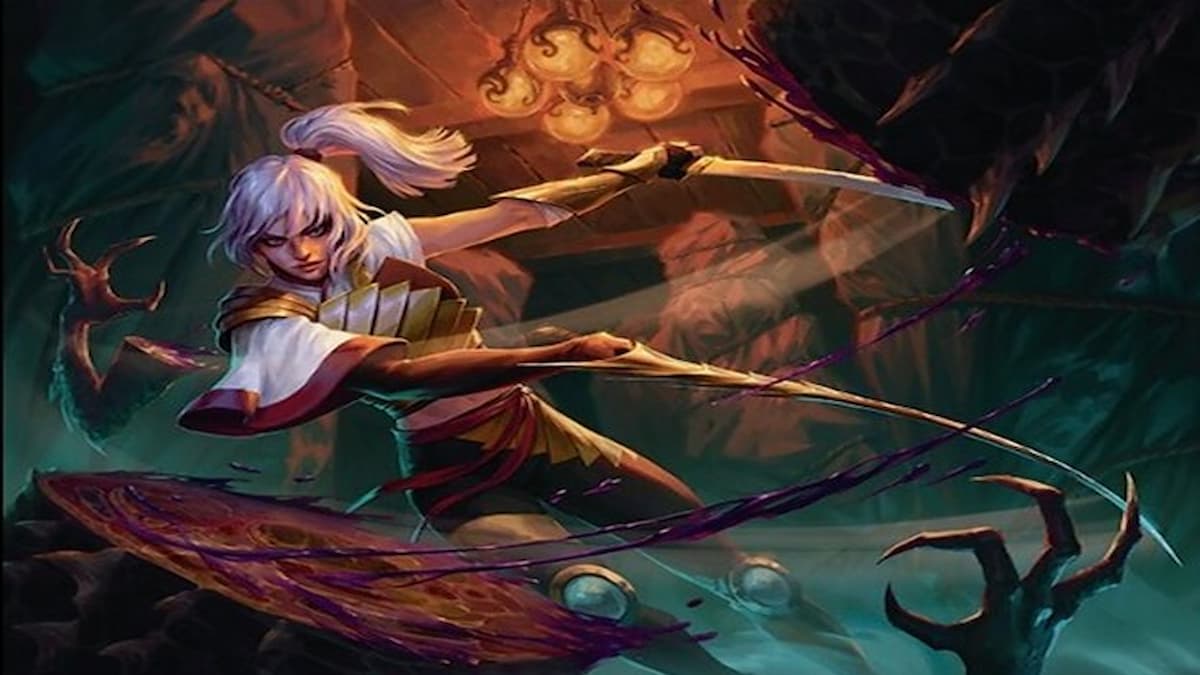
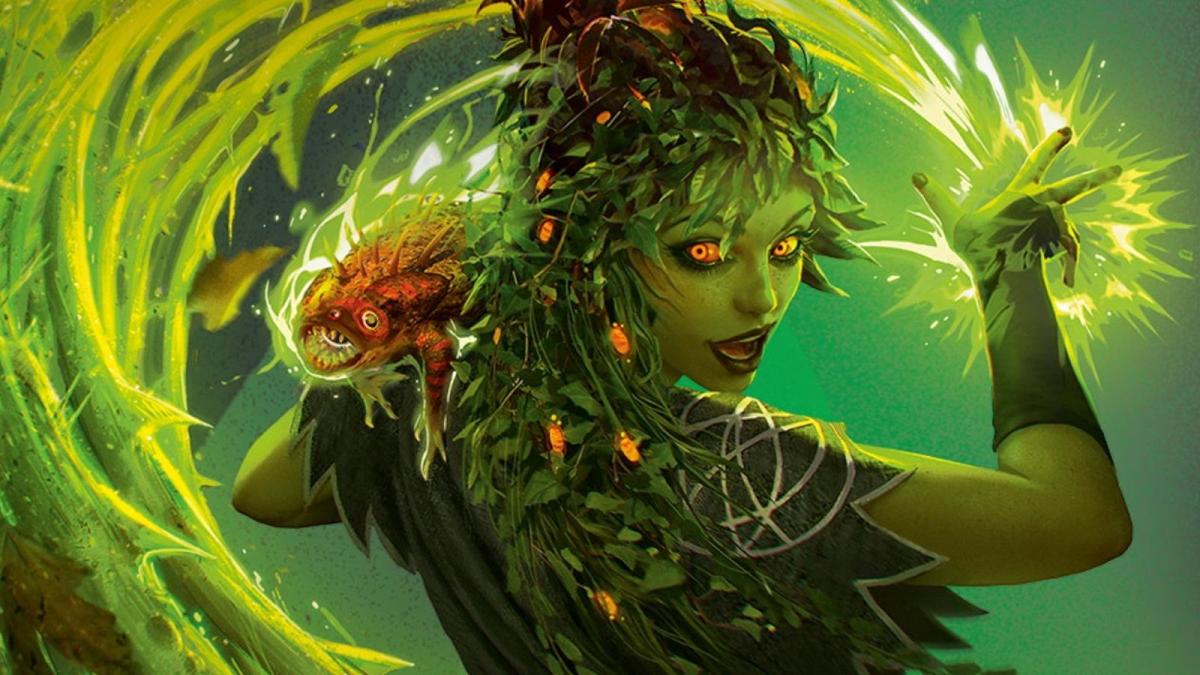

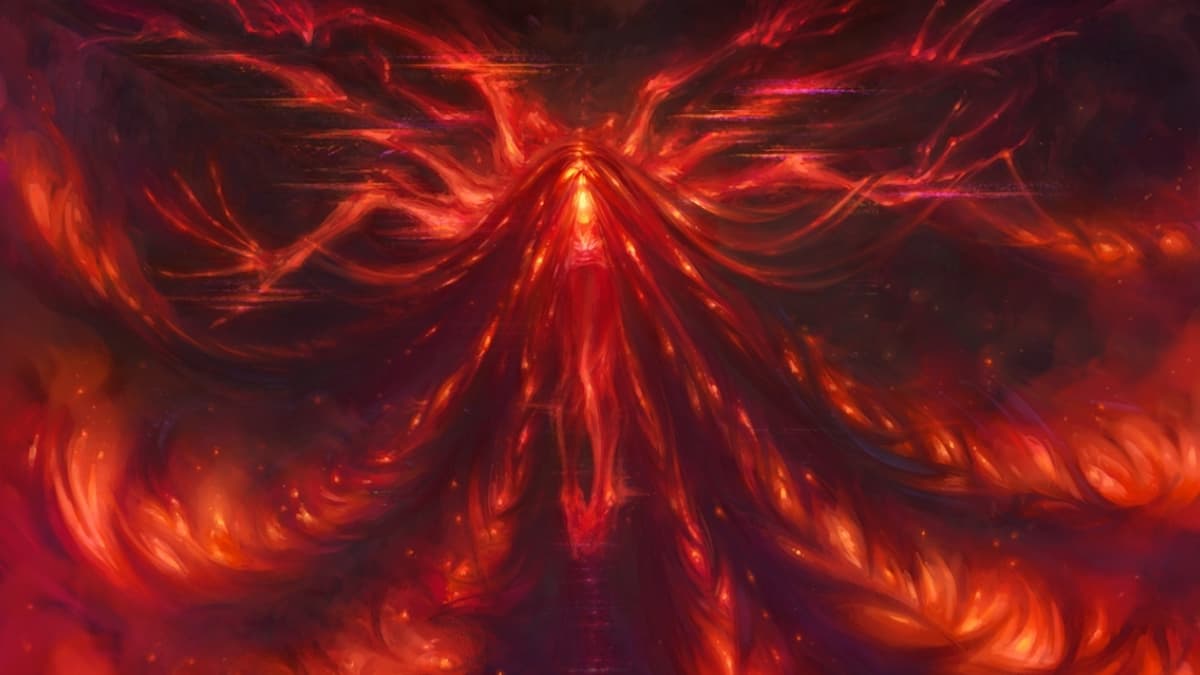
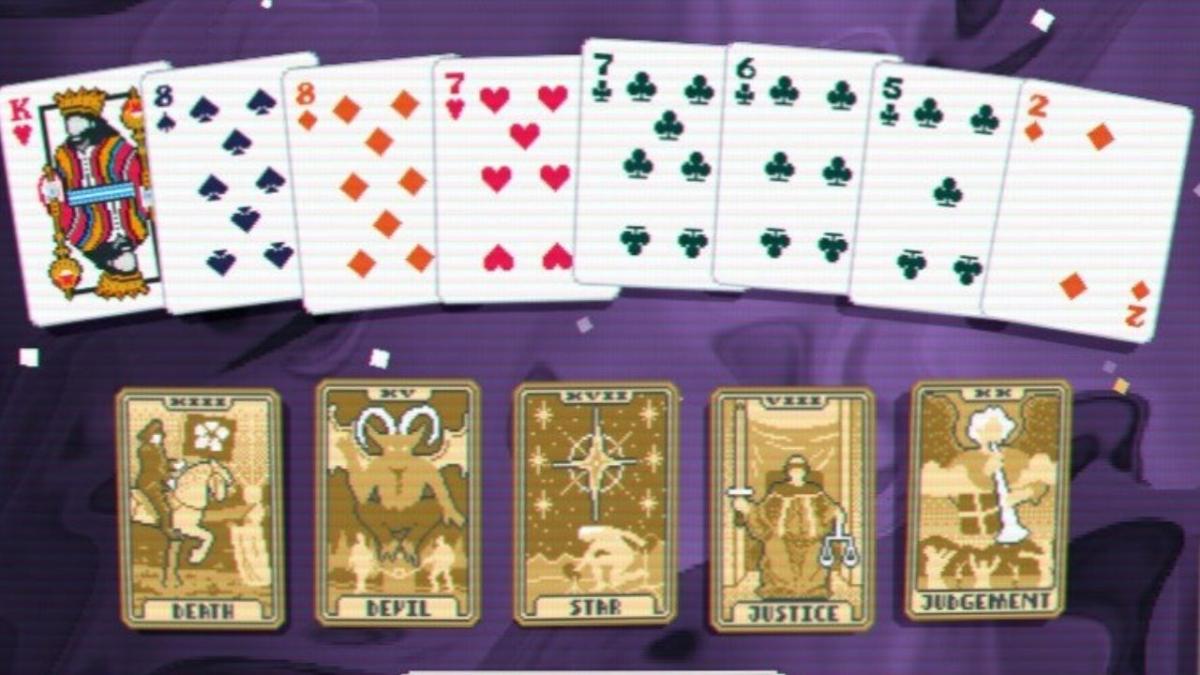

Published: Sep 28, 2020 03:34 pm